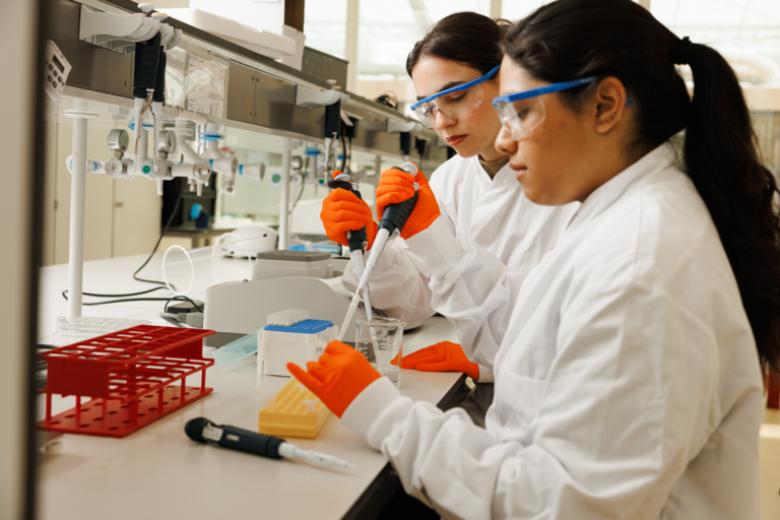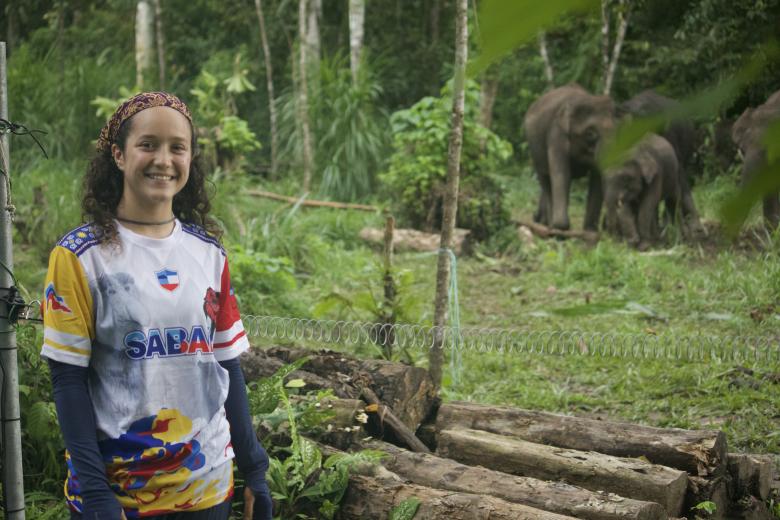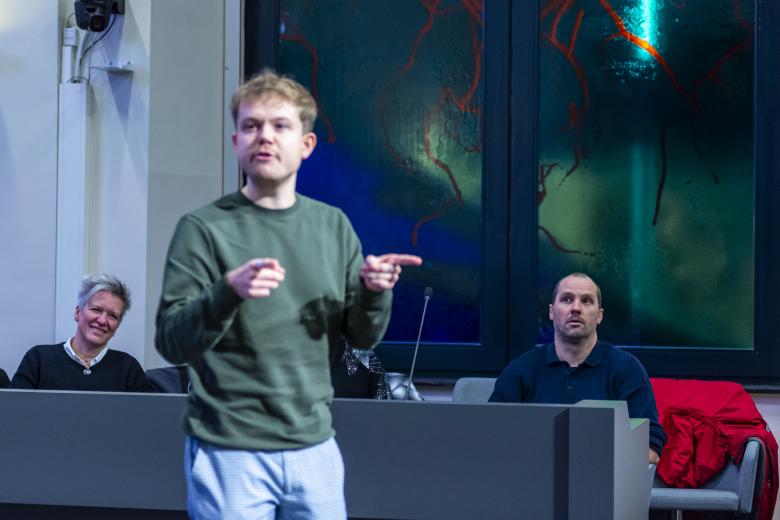Myth: bioplastics will solve the trashproblem
It doesn’t take you very long to find the consequences of the plastic soup in the ocean. The internet is filled with images of sea turtles with sixpack-rings around their shell, seals covered in shredded plastic bags and beaches littered with plastic bottles. Bioplastic, which accounts for only 2 percent of the total amount of plastic, seems to be the logical solution. If all the materials come from nature, it can’t harm nature. But that’s too simple of a thought according to Yvonne van der Meer, Associate Professor Sustainability of Biobased Materials.
“Bioplastic is made from natural materials, but those materials are often processed. The added substances may be harmful. The goal is to produce a more durable type of plastic to counter climate change, and not necessarily to make it degradable. Some plastics are, but definitely not all – you can’t solve all problems at once.
You want a long-lasting product, but in at the same time you want it to be easy degradable. That makes it very hard because those two objectives clash with each other. It is possible with a specific ‘trigger’, which dissolves the product when you want it to and not sooner.”
Relevant links
Also read
-
Two new academic programmes launch in Venlo
Two programmes, one at Maastricht University and one jointly offered by the universities of Maastricht and Nijmegen, have been given the green light. Both tech and science-based programmes focus on a sustainable world and are part of the Faculty of Science and Engineering. The programmes will start...

-
UM student Natasha Lawrie studies the Bornean elephant: “I only had one week to find them”
Natasha Lawrie, a bachelor’s student from the Maastricht Science Programme, conducted her thesis research in the rainforests of Sabah. There she made surprising discoveries about the feeding habits of the endangered Bornean elephant.

-
More than another ‘to-do’: how the UTQ helped me rethink my teaching
At Maastricht University, the University Teaching Qualification (UTQ) is a professional development programme designed to strengthen teaching and learning. It supports teachers in developing core teaching competencies through a combination of workshops, peer learning, on-the-job experience, and...
